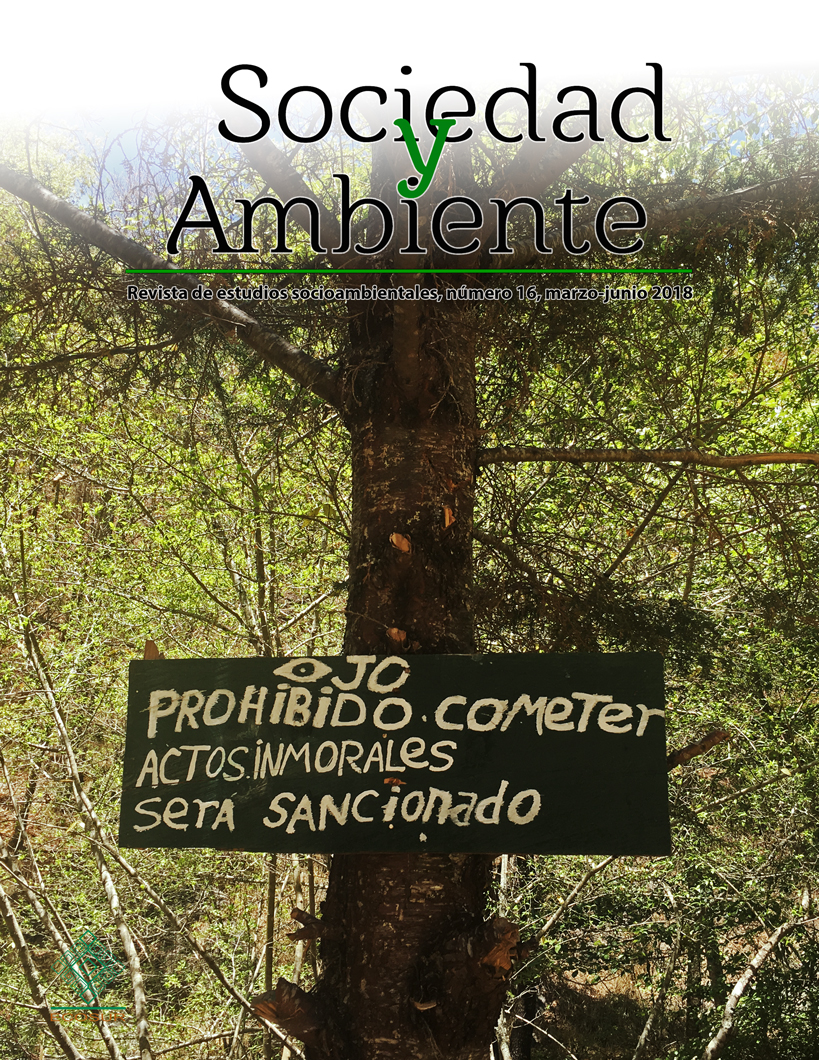Resumen
Este artículo presenta una revisión de los arreglos de gobernanza ambiental de los pagos por servicios ambientales (psa) en América Latina identificando los actores, marcos normativos y las instituciones que sustentan su instrumentación. Describir los arreglos de gobernanza ambiental es de particular relevancia ya que dentro de éstos se enmarca la gestión de los recursos naturales bajo el contexto de los servicios ambientales. El análisis demuestra que el Estado sigue cumpliendo un papel muy importante de arbitraje y de asignación de roles entre los actores involucrados, a pesar de la neoliberalización de la naturaleza y de la política de conservación. El estudio hace evidente la presencia de diferentes arreglos de gobernanza ambiental, caracterizados por el involucramiento de diversos actores, específicamente del sector privado, organizaciones no gubernamentales, organismos multilaterales y actores de base. Se concluye que, si bien los arreglos de gobernanza de los pagos por servicios ambientales han permitido democratizar los beneficios de la conservación, es necesario establecer derechos claros de propiedad sobre este tipo de servicios para contrarrestar las asimetrías experimentadas por las comunidades locales como parte de su condición vulnerable dentro de la lógica de la conservación neoliberal.

Sociedad y Ambiente cuenta con una licencia Creative Commons Atribución/Reconocimiento-NoComercial-CompartirIgual 4.0 Internacional


